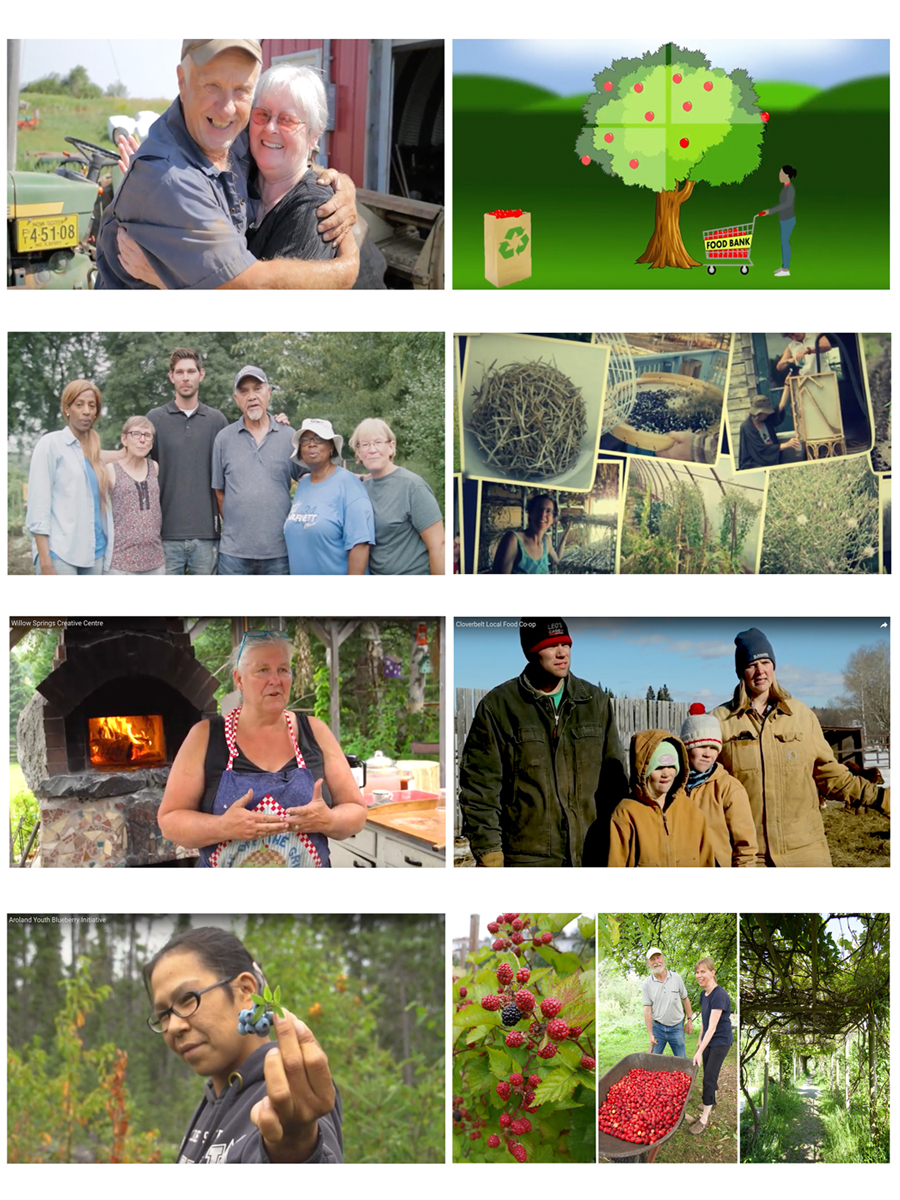Community orchards and Hyde’s theory of the gift
DOI :
https://doi.org/10.15353/cfs-rcea.v6i3.358Mots-clés :
Community orchard, decommodification, commons, community garden, food sovereignty, urban spaceRésumé
Food scholars and advocates just have long asserted that commodification is one of the fundamental injustices of our dominant, industrial food system, as it stands in direct opposition to the notion of food as a human right. The informal social economy, with its concerns for solidarity, participation, service, and community building, offers examples of what de-commodification—that holy grail of food justice—might look like. This article reports on one particular informal social economy manifestation of decommodification, the community orchard. The author argues that decommodification must be seen not only as the absence of commodity production but as the presence of a different economy and underlying ethos – that of the gift. Lewis Hyde’s theory of the gift provides a lens through which to understand the profound ways that gifting changes community orchardists’ relationships to land, to food, to labour, and to those who co-produce and enjoy the fruit with them. Gift theory also furthers our understanding of food commons (of which the community orchard is but one example) as decommodified spaces. The author suggests that theorizing community orchards through the lens of gift theory provides insight into the values and mindsets that characterize non-commodity-oriented food production, which is a necessary step in the direction of innovation and the development of models that are more ecological, community-oriented, and just.
Téléchargements
Publié-e
Comment citer
Numéro
Rubrique
Licence
Les auteurs qui publient avec cette revue acceptent les conditions suivantes: Les auteurs conservent les droits d'auteur et accordent à la revue le droit de première publication avec l'œuvre sous licence simultanée Creative Commons qui permet à d'autres de partager l'œuvre avec une reconnaissance de la paternité de l'œuvre et de la publication initiale dans cette revue. Les œuvres publiées dans RCÉA/CFS avant et incluant le vol. 8, n° 3 (2021) sont sous licence Creative Commons CC BY. Les œuvres publiées dans le vol. 8, n ° 4 (2021) et après est sous licence Creative Commons CC BY-SA. Les auteurs peuvent conclure des accords contractuels supplémentaires séparés pour la distribution non-exclusive de la version publiée de l'ouvrage par la revue (par exemple, l'ajouter à un dépôt institutionnel ou le publier dans un livre), avec une reconnaissance de sa publication initiale dans ce journal. Les auteurs sont autorisés et encouragés à publier leurs travaux en ligne (par exemple, dans des dépôts institutionnels ou sur leur site Web) avant et pendant le processus de soumission, car cela peut conduire à des échanges productifs, ainsi qu'à une citation plus précoce et plus importante des travaux publiés. (En savoir plus sur le libre accès.)





